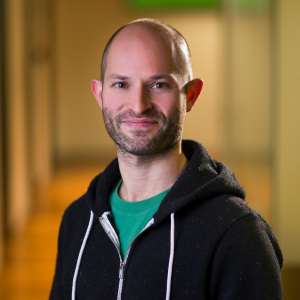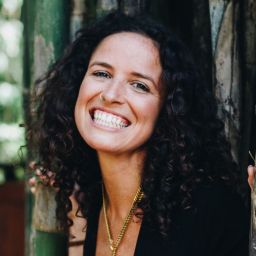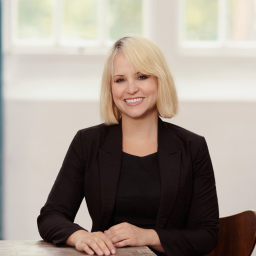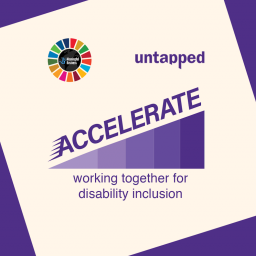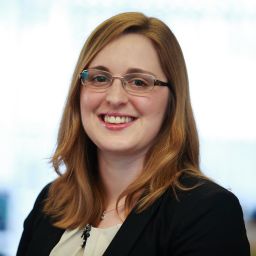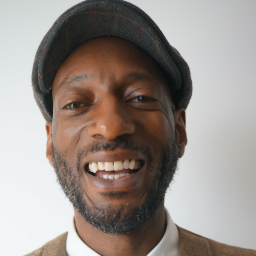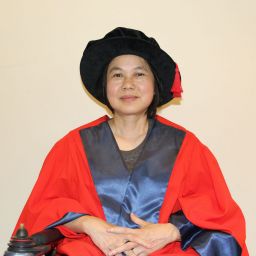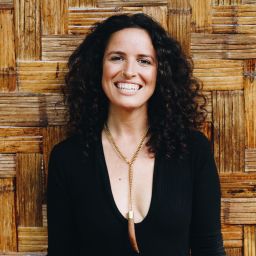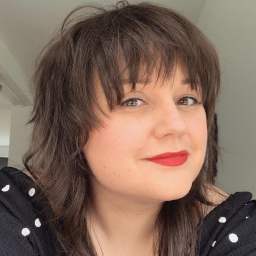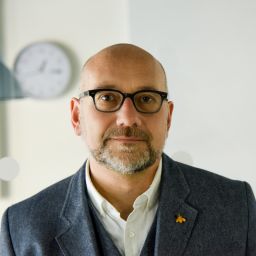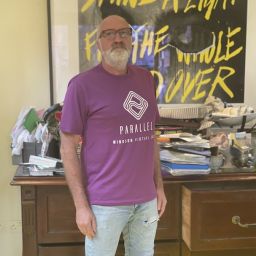Today is the United Nations’ International Day for Persons with a Disability (IDPD). The annual event is a celebration of people with disabilities, and this year’s theme is “Fighting for rights in the post-COVID era.”
Every person on earth has been impacted by drastic political, social and economic change as a result of Covid-19. However, people who live with disabilities are among the most affected.
To mark this year’s IDPD we are highlighting some of the people and organisations we admire for their work challenging perceptions and breaking down barriers for disabled people, to ensure we build back better.
Anna Whitehouse and Flex Appeal
Journalist, author and broadcaster Anna runs #flexappeal, a campaign to fight for flexible working for everyone.
In September 2020, a survey by Scope found that 41% of those who took part felt anxious about going back to work, while almost half were worried about using public transport to get to their workplace. 87% feared others would not respect social distancing rules, putting them at risk.
Many disabled people need the flexibility to work from home – or a hybrid option – to manage their condition and, in the present environment, stay socially-distanced. The pandemic has demonstrated that flexibility and working from home can – and does – work. Employers can no longer use the need to be in the office nine-to-five as an excuse not to employee disabled people. Thanks to a report commissioned by Anna, in partnership with Sir Robert McAlpine, there is now proof that working from home is actually good for business.
At the end of November, Pragmatix Advisory published “Flexonomics: the economic and fiscal logic of flexible working”. This is the first in-depth report to showcase the benefits of flexible working to UK Plc.
The research found that flexible working currently contributes £37bn to the UK economy and a 50% increase in flexible working could unlock an additional £55bn in benefits to the economy.
The report provides an insightful and thought provoking read, and Anna’s continued campaign for a change in company attitudes and government policy spells very good news for the employment opportunities for disabled people in the post-Covid era.
Keely is an entrepreneur and Disability activist dedicated to making social, systemic, and economic change. She is the Founder of C-Talent and a campaigner to change a law that permits US employers to pay disabled employees a sub-minimum wage.
C-Talent is an award-winning talent management company that represents Deaf and Disabled artists, athletes and influencers.
C-Talent places disabled talent into all roles, not just disability-specific roles. As a result, we are now seeing disabled talent grace our screens and the pages of magazines representing brands including Savage X Fenty, HULU, About Face, Burberry, Disney, Google Pixel, Tiffany & Co., Victoria Secret, and Nike.
The entertainment and media industries have the power to put disabled people into every home in the world. By injecting disabled people into everyday life, C-Talent is achieving and sustaining a level of awareness of disability that could never be achieved by a single campaign or event.
Eric is Co-Founder and CEO at Dot Inc. and has reinvented accessibility for the visually impaired, starting with the design of a braille smartwatch and tablet.
Today the company’s mission is to ensure that the potential of the fourth industrial revolution – rapid digital transformation through IoT, 5G, Big Data, and AI technologies – does not ignore the opportunity to transform the lives of disabled people and leave them further behind.
In urban environments Dot.Inc is applying braille to accessible facilities and collaborating with other assistive technologies to create smart cities where visually impaired people have barrier-free access and information.
But it’s ambition doesn’t stop there. The Dot Mini is a low-cost education device with the potential to transform access to education for visually impaired children in developing countries.
The Dot.Inc team won’t stop until the world’s 285 million vision-impaired people have the same opportunities to learn – and the ability to communicate with the same privacy – as everyone else.
Melis Büyüksan and MEDLIS
Melis is supporting disabled people to overcome obstacles, literally.
She is the Founder and CFO of Medlis Ramps, the first company manufacturing wheelchair ramps in Turkey.
The company now exports to 22 countries, removing the barriers wheelchairs users face in accessing buildings, transport, employment healthcare, education and other services that many of us take for granted.
The company’s ramps are an affordable, practical solution. They have the potential to transform lives in developing countries where disabled people are often confined to their homes because of the obstacles they face outside of the home.
Wheelchair users, wherever they are in the world, have the right to access healthcare, education and employment, and to fully participate in social and economic life. Melis is making this happen.
IDPD calls on us all to listen to disabled voices and learn from their experiences. We must challenge ourselves to overcome everyday ablism. What can we do to eliminate inequality in society and the workplace, and be more inclusive? This includes working together and calling on domestic and international public health officials and political representatives to remove the barriers that prevent people with disabilities from accessing what everyone is entitled to – a barrier-free opportunity to participate fully in social and economic life.



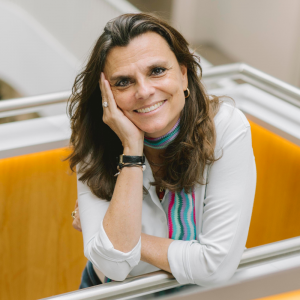
![Introducing Accelerate - Working Together for Disability Inclusion Accelerate_social_tile_1d[4]](https://meaningful.business/wp-content/uploads/2021/03/Accelerate_social_tile_1d4-300x300.png)
